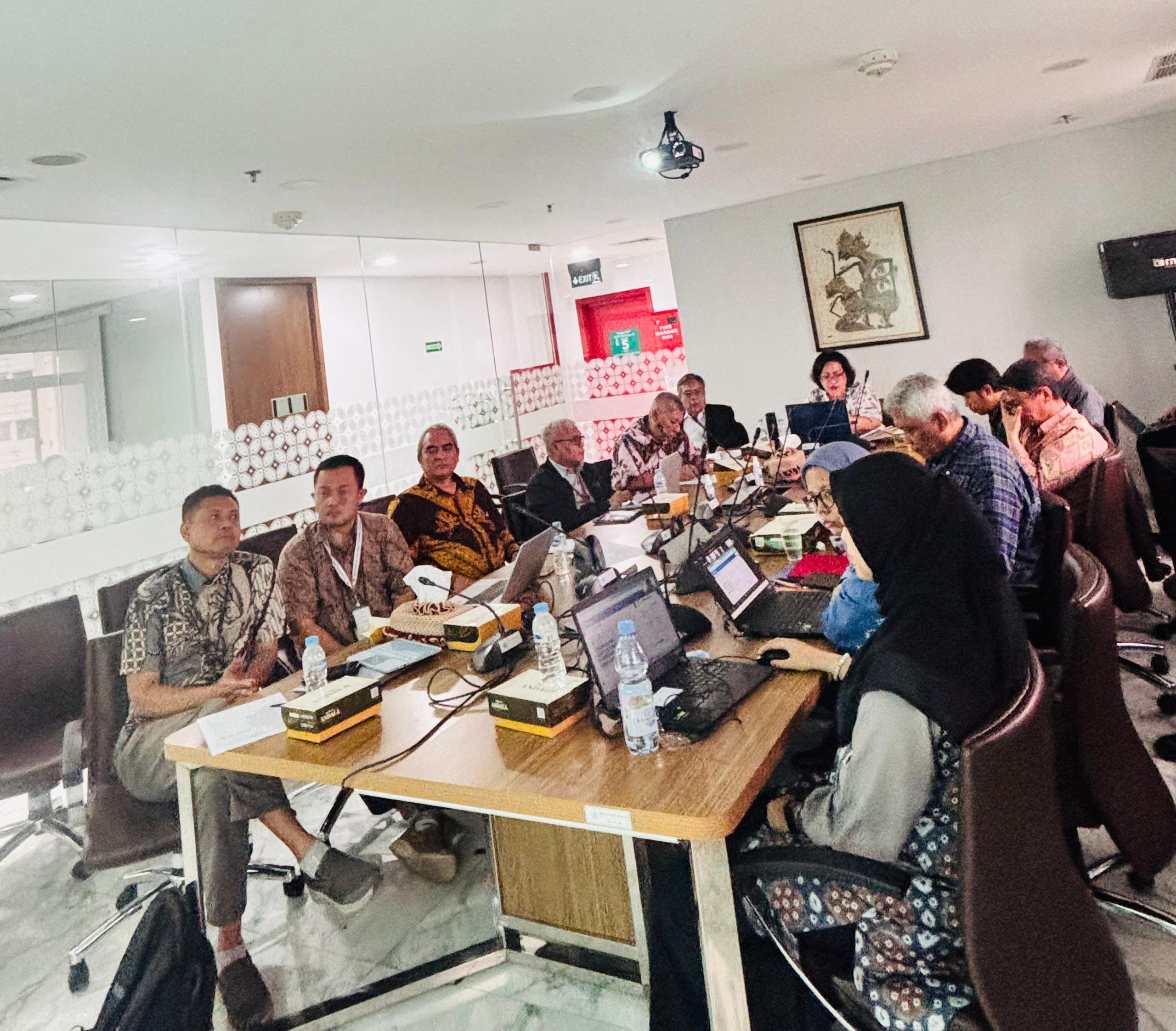An epistemic community is considered strategic amid demands for more inclusive, adaptive, and proactive foreign policy recommendations, the Indonesian MOFA’s official has said.
Jakarta (Indonesia Window) – The Foreign Policy Strategy Agency of
Indonesia’s Ministry of Foreign Affairs (MOFA) has emphasized the strategic need to form an epistemic community with international relations experts amid demands for more inclusive, adaptive, and proactive foreign policy recommendations, an official has said.
Vahd Nabyl. A. Mulachela, Head of the Asia-Pacific and Africa Policy Strategy Center at the agency, made the remarks during a discussion on the establishment of the JALAMITRA repository and its utilization for building an epistemic community, held here on Tuesday (June 24, 2025).
JALAMITRA is the ministry’s means to engage relevant parties including think tanks and universities’ study centers in an effort to produce foreign policy recommendations, or they call it Network of Friends.
The digital JALAMITRA repository, introduced during the discussion, began development by the agency in April 2025 to document collaborations with think tanks, study centers, research communities, and others in formulating foreign policy recommendations.
The National Research and Innovation Agency (BRIN)'s Deputy for Research and Innovation Facilitation, Agus Haryono; Chairman of the Indonesian Committee for European Studies, Muhadi Sugiono; and Editor of Indonesia Window, Mohammad Anthoni, shared their perspectives and recommendations on the importance of the JALAMITRA repository and its role in laying the foundation for a foreign policy epistemic community between the agency and partner research institutions, as well as its sustainability moving forward.
Agus Haryono highlighted the FAIR principles (Findable, Accessible, Interoperable, Reusable) in developing a repository and the potential for interoperability with BRIN’s repository, while Muhadi Sugiono underscored the critical role of epistemic communities in public policy by framing issues, providing expert advice, and building cross-actor coalitions.
“The JALAMITRA repository can strengthen MOFA’s data access as a national and international reference,” Mohammad Anthoni said.
He also highlighted the potential for conflicts in Southeast Asia with cross-border spillover effects, emphasizing the need for comprehensive data. Epistemic communities were seen as capable of providing accurate information and supporting Indonesia’s role as a peacemaker.
Enriching the discussion, the agency’s partners from BRIN, the Center for International Relations Studies UI (University of Indonesia), the School of Strategic and Global Studies UI, mainstream media Kompas, the International Relations Study Program Universitas Muhammadiyah Yogyakarya (UMY/Yogyakarta Muhammadiyah University), the Global Review, and the Center for Indonesia Reform were present at the event.
Closing the discussion, Sylvia Masri, Senior Diplomat at the agency, stated, “the JALAMITRA repository, currently in its early stages, will continue to be enriched. Its utilization for the foundation of an epistemic community for foreign policy recommendations is highly strategic”.




.jpg)
